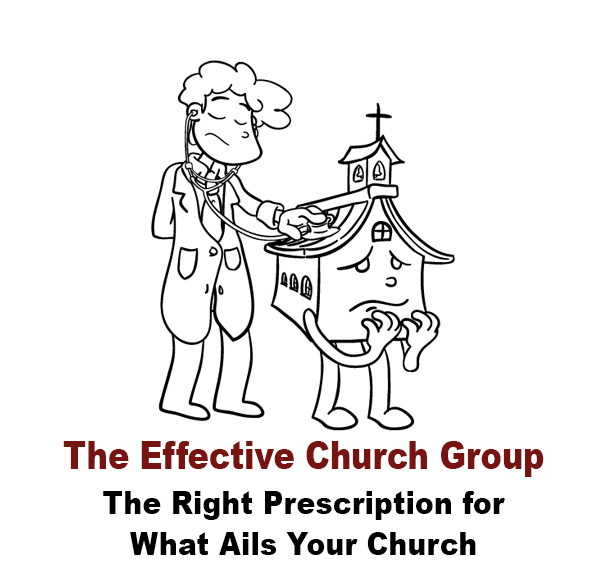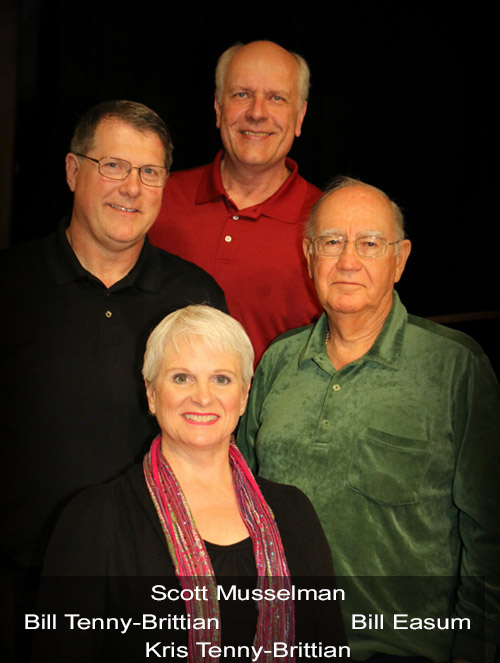Care should be given when choosing a church consultant. The wrong consultant can do more harm than good. So you need to make sure you are contracting with a seasoned consultant with an excellent track record.
A good consultant should bring multiple strengths to the consultation:
- A track record of doing what the consultant teaches and recommends in the consultation;
- Experience in working with your size church, community context, and mission orientation;
- Broad recognition and credibility through previous church consultations, publishing and personal endorsements;
- An effective listener, synthesizer, and communicator.
- The ability to paint a picture of reality without alienating the leaders
Since there is no recognized credentialing for consultants, you will want to take heed of these steps in finding a consultant for your congregation:
- Read their books, blog, Facebook page, etc. This won’t necessarily get you a quality consultant, but it’s a good place to start. Their writings will give you a good idea about their perspective and tone. If they’re too intellectual in their writing, they’ll likely muddy the waters. If they’re too blunt or tactless your congregation may not be able to hear them. On the other hand if the consultant is too “nice” the congregation may not see the need to make any changes.
- Ask Around. Personal recommendations are gold … but be sure to ask about the results of the consult. There are a number of consultants who are careful to not “hit the hornet’s nest” in order to leave everyone “feeling good” about the experience. But feeling good doesn’t translate into church’s that are growing or more effective. Better to rock the boat and grow the church.
- Think Outside the Box. Einstein reminds us that you can’t solve a problem using the same minds and levels of thinking that caused the problems. Before blindly signing up with a denominationally approved consultant or program, talk to those who have used them specifically to find out about results. (BTW, many denominationally approved consultants are great … just don’t be boxed into thinking they’re your only choice – or even your best choice.)
- Check References. Really, call them and get them to talk frankly. In addition, ask the consultant to provide a couple of references of those who have not done well. If they won’t share both their successes and less successful clients walk away.
A good consultation can help a church turn around decline, help it off the plateau, make good staff decisions, determine its next steps, and face a bright future. On the other hand, a bad consultation can send your church into a tailspin. Go into it with your eyes wide open and you’ll increase your chances of success.

